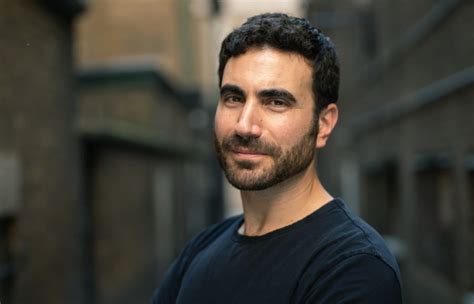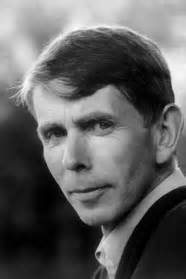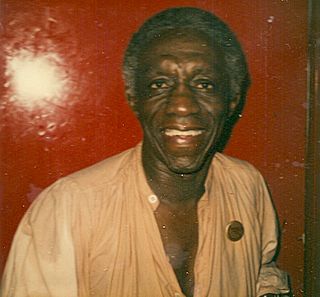A Quote by Sergio Leone
We're talking a very cultivated people, but I found as cultivated as they were, they were uninformed about the personages who weren't American. They knew everything about America, but much less about other countries.
Related Quotes
First I went to a Jewish school, when I was very little. But when I was 12, they put me in a school with a lot of traditions, and they were educated people and they were talking about Greece and the Parthenon and I don't know what. All the kids, all the girls they had already seen that and knew that from their family, and I would say, "What are you talking about, what's that?" It's not my world. My grandparents were very well-educated people, but in the Jewish tradition. They knew everything about the Bible.
Will Bridges, who is the co-creator with me, when we were working on 'SuperBob,' we were just talking about how we like to write about relationships. And we were talking about what love is. We were in very different stages; he was married and was about to have his first child, and I was kind of dating the wrong people.
Mine was, as it were, the connecting link between wild and cultivated fields; as some states are civilized, and others half-civilized, and others savage or barbarous, so my field was, though not in a bad sense, a half-cultivated field. They were beans cheerfully returning to their wild and primitive state that I cultivated, and my hoe played the Ranz des Vaches for them.
I was a young feminist in the '70s. Feminism saved my life. It gave me a life. But I saw how so much of what people were saying was not matching up with what they were doing. For example, we were talking about sister solidarity, and women were putting each other down. We were talking about standing up for our rights, and women weren't leaving abusive relationships with men. There were just so many disconnects.
The strange thing about my life is that I came to America at about the time when racial attitudes were changing. This was a big help to me. Also, the people who were most cruel to me when I first came to America were black Americans. They made absolute fun of the way I talked, the way I dressed. I couldn't dance. The people who were most kind and loving to me were white people. So what can one make of that? Perhaps it was a coincidence that all the people who found me strange were black and all the people who didn't were white.
When we talk about the UN, what are we really talking about? We are talking about my country, your country, other countries and their collective will to stand together and apply pressure or offer incentives to steer things in the right direction. When the nations of the world come together, with collective will, on an issue and they speak with a united voice, they have a much greater impact. When there is division, then the impact is much, much less.
The world's geography is not realistic. Geography is not real. Borders are only closed to people but they are open to products. There is another type of geography outside of this matrix. Because of this we noticed we were talking about much more than just Latin America. That was very important to put the film on another level. Based on this idea, we knew that we were not in this world any longer.
The core of Animal House was about prejudice, about equality, and about inclusion/exclusion. It was about a group of people who were together and anything went. Anybody who wanted in could get it in. Then there was that other group that nobody could get in, unless they were white, and just alike. It was very representative of the culture in the '60s, '50s, and '40s in America.
First of all, Greece won't go down. We're talking about a country that is capable of making change. Europe will not allow the destabilization of the 27-country euro zone. But if there were no action, then markets would start becoming jittery about other countries - and not only Spain and Portugal, but other countries in the European Union.
There's something really admirable about French culture and an attraction in how independent it is from our own. So, it's odd that in other countries that are very American-influenced - who seem to care more about the Oscars than anyone here does - there's both anti-Americanism and also too much America.





































